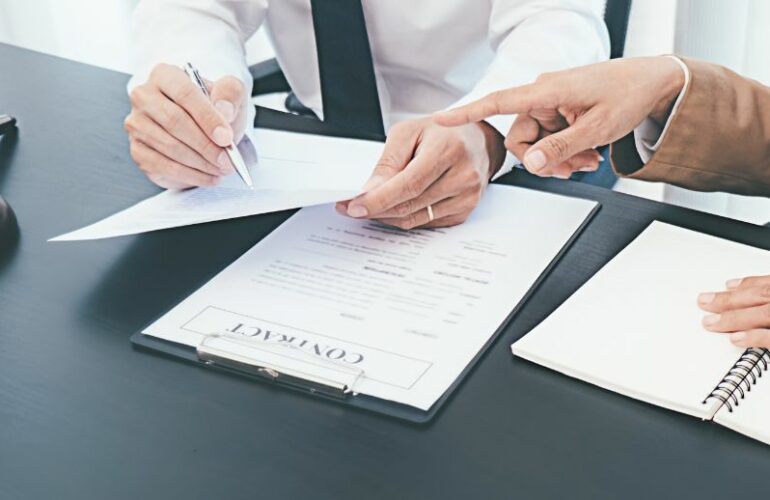As a junior doctor operating as a limited company, it’s important to have a basic understanding of self-assessment to ensure that you’re managing your finances effectively and complying with tax laws. Here are some tips to help you with self-assessment as a limited company:
- Keep accurate records: It’s crucial to maintain detailed records of your company’s income and expenses throughout the year. This includes tracking your earnings, any locum payments, and business-related expenses like travel costs. Ensure that you retain all receipts and invoices as evidence of your expenditures.
- Use self-assessment software: Utilizing self-assessment software can simplify the process of managing your company’s finances. There are various software options available, both free and paid, that can assist you in keeping track of your income and expenses. Examples include HMRC’s online service, Taxfiler, and TaxCalc.
- Understand your tax obligations: As a limited company, you have distinct tax obligations compared to being a sole trader or an employee. It’s crucial to comprehend the tax implications of running a limited company, including corporation tax, VAT (if applicable), and potentially paying yourself a salary or dividends. Seek guidance from the HM Revenue and Customs (HMRC) website or consult with an accountant to ensure compliance.
- Submit your self-assessment on time: Limited companies are required to file a company tax return (CT600) as part of their self-assessment process. The deadline for submitting your self-assessment online is typically within 12 months after the end of your company’s accounting period. Ensure you adhere to the deadline to avoid penalties.
- Claim all allowable expenses: As a limited company, you can claim allowable expenses to reduce your company’s taxable profits. These expenses may include business-related costs such as office rent, equipment, professional fees, and travel expenses. Maintain accurate records of these expenses to include them in your self-assessment.
- Consider hiring an accountant: Managing self-assessment for a limited company can be complex, especially when it comes to tax calculations and compliance. It may be beneficial to seek the assistance of an accountant who specializes in working with limited companies. They can provide expert advice, ensure accurate reporting, and help you maximize tax efficiency.
- Stay informed about tax law changes: Tax regulations pertaining to limited companies can change over time. It’s crucial to stay updated with any changes that may impact your company’s tax obligations. Regularly review information on the HMRC website or consult with an accountant to stay informed.
In summary, managing self-assessment as a limited company requires careful attention to detail. By keeping accurate records, utilizing self-assessment software, understanding your tax obligations, submitting your self-assessment on time, claiming all allowable expenses, considering professional help from an accountant, and staying informed about tax law changes, you can effectively manage your limited company’s finances and ensure compliance with tax laws.




